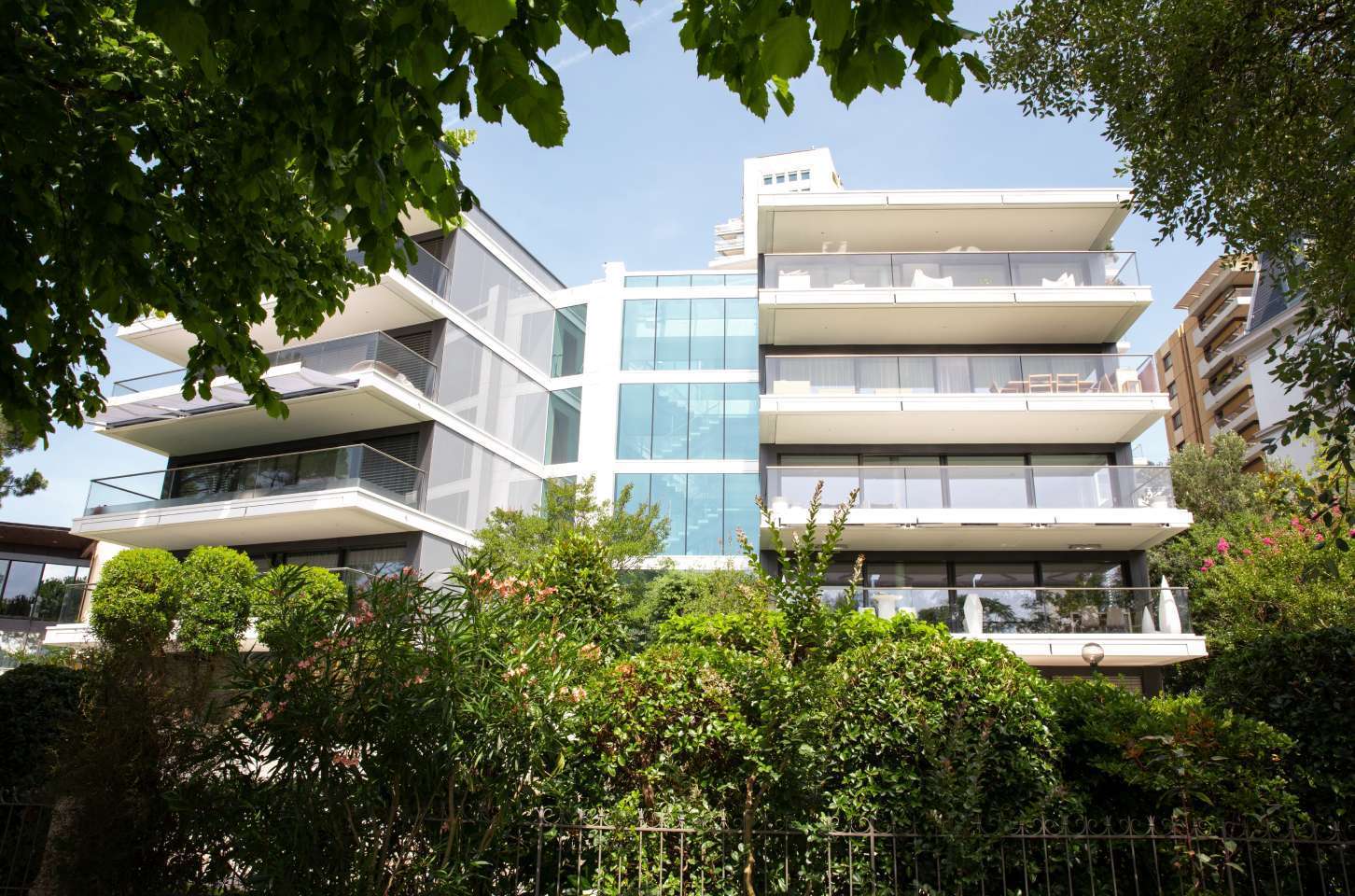When it comes to loyalty, you won’t find better than the Swiss.
The reason?
A large majority of them are very attached to real estate. Moreover, most want to keep them for life or pass them on as a legacy..
In this article, we will discuss several factors such as economic and cultural to illustrate our points.
In Switzerland, ownership is a history written in time
Whether it tells the story of a family apartment, transmitted from generation to generation, the residence of a retired couple for thirty years or a converted building into several dwellings for the inheriting children… There are many examples.
The Federal Housing Office states that the majority of people looking for a property want to live in it for the rest of their lives. Moreover, 20% of them wish to occupy it more than ten years.
Moneypark analysis confirms this trend as only 3% of current homeowners are considering sale of their property after three years and 15% between four and eight years.
In Switzerland, ownership is a history of roots
If we compare theaccess to property in other European countries, we note in Switzerland a residential anchoring.
The sale and purchase of goods in France, England or Belgium varies according to the lifestyle of the household. In these countries, access to property is even referred to as a real estate career because several transactions are carried out over a lifetime.
The United States and Canada are regions of the world, steeped in a history of mobility where buying is not experienced as a long-term commitment.
Thus, we find more fluidity in the real estate transactions. The reasoning is based on the acquisition of a real estate capital adaptable to life changes. The cultural dynamic encourages people to live serenely with the change of place of life.
In contrast, Switzerland is a sedentary country, strongly attached to a desire to put down roots.

The economic viewpoint
Indeed, the strengthening of this attachment can be explained by several economic factors:
- The scarcity of items for sale.
- Access to financial resources.
- The tax system provides an incentive for homeowners to maintain their indebtedness and hinders the possibility of new transactions.
To this day, stone is still perceived as a secure value and ownership inspires a sense of security.
As a result, the Swiss seek to create a heritage. The market is on the rise and there is an ever-increasing number of emerging clientele in the investment of rental properties to hedge against inflation.
According to MoneyPark, 16% of homeowners are not selling their property, believing that its value will increase over the next few years. However, 31% of them want to pass their property on to their family to provide capital for future generations.
Thus, it is not insignificant to note that the heirs continue to live in the walls in which they grew up, and then develop part of their property to offer it for rent.
The reason for the heart
The majority of current owners are very satisfied with their living conditions. Half of them justify it by emotional attachment.
Indeed, access to property is a social symbol of success where desire and the dream of ideal comfort come together.
The Covid-19 further confirmed this need.
Nevertheless, do the Swiss benefit from becoming homeowners?
It all depends on the model.
Alternatives exist, such as participatory shareholding:
- Affordability: You invest easily in real estate.
- Save time and peace of mind: Find tenants, take care of the administrative management (contracts etc.), ensure maintenance, repairs… By investing in a building in participative ownership , all rental management is delegated to a service provider. Thus, you do not have to manage the administrative, legal and mortgage relations procedures relating to the acquisition of a property.
- Profitability: You receive annual income net of charges thanks to attractive rates of return (between 5% and 7% per year depending on the investment projects).
- You contribute to compliance with ESG (environmental, social and governance) standards by choosing to invest in new, ecological buildings and thus make the choice to invest in sustainable and ethics.
- Rental risk: In an investment in participatory shareholding, the rental risk is distributed among all the shareholders, in proportion to the share held by each and on a property composed of several apartments. Thus, the risk of not receiving any rent, during a defined period (vacant or non-payment) from a tenant is lower. Conversely, in the context of a purchase in PPE, you expose yourself to a greater rental risk for your own property.
The advantages of investing in participatory shareholding real estate are very numerous compared to investing in PPE.
Depending on your profile and objectives, you need to weigh up all the information to make sure you choose the best solution.




Search